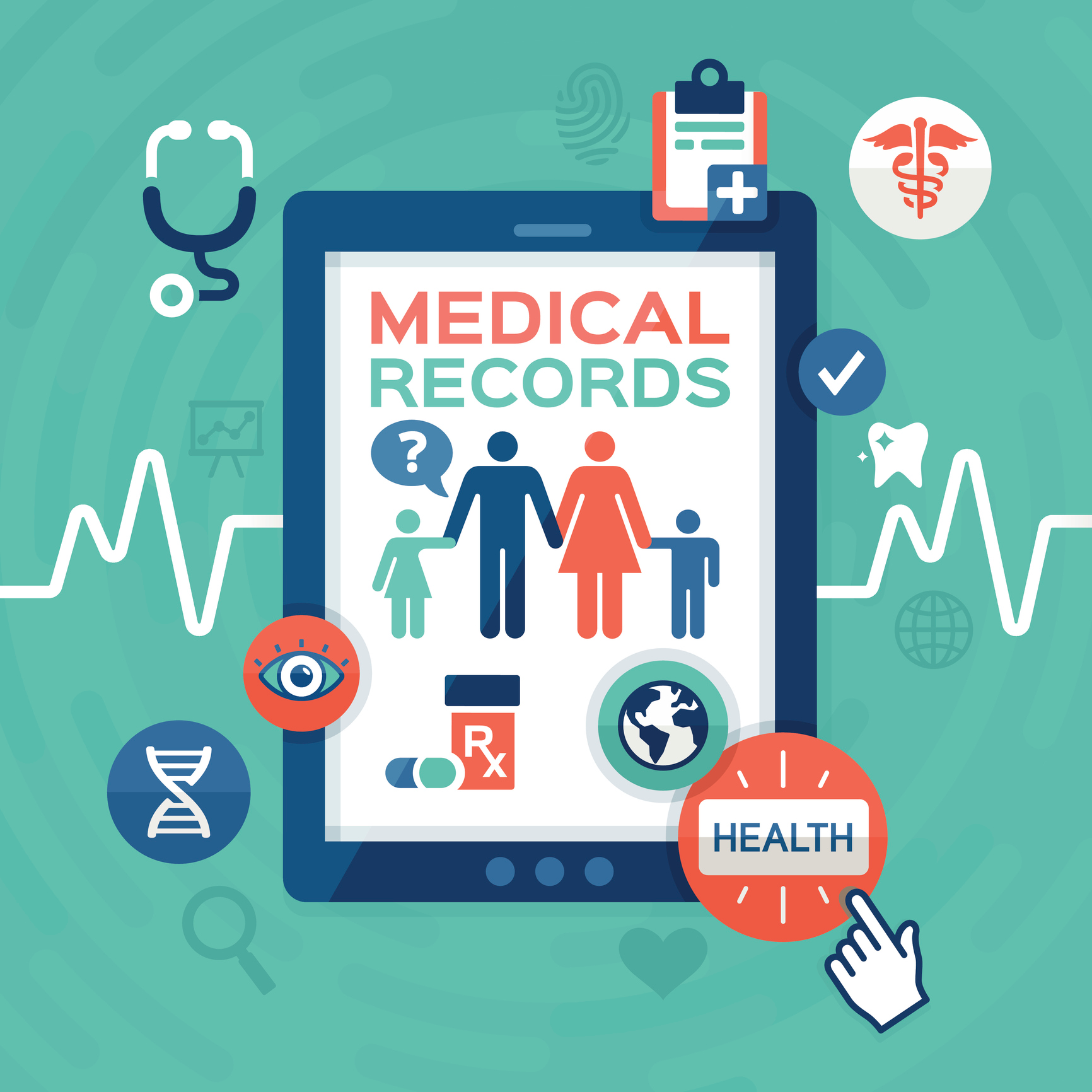Beware the Pickpockets in Healthcare
Why protecting health data and healthcare privacy is more important than ever for healthcare plans and systems
Summary: The digital world is full of pickpockets who are after your personal information with one goal in mind: to compromise your digital privacy and identity. Medical records are especially in high demand, as they contain high-value data that is sought after on the Dark Web. Learn how healthcare plans and systems are looking at solutions to better protect their members’ identity and privacy.

Have you ever clutched your purse a little tighter or moved your wallet to your front pocket when traveling in an unknown area or when on a packed subway train? You may have done this to better protect your valuables — a preventative measure for peace of mind and to make you feel more secure.
The scary reality of the digital world is that there are pickpockets and scam artists everywhere. Just as in the real world, you might not see them coming, despite your increased awareness. The good news is there are specific precautions you can take to be more diligent and better protect yourself and your valuables; in this case, your data: personally identifiable information (PII), credit card information, passwords, protected health information (PHI), etc. Read 3 Tips to Protect Your Privacy to help manage privacy threats in a post-pandemic world. After all, with every click and Google search, there is a veritable jungle of technologies and people that are relentless to pickpocket every element of your data.
Consider this: Your phone, car, and smart speaker — and your robot vacuum — all continuously gather data about you for corporate consumption and productization for profit. There are thousands of these entities operating right under your nose — some good, some bad, and some walking a very thin legal and ethical privacy line. Since the beginning of the Internet, gathering data about users has been slowly ratcheting up to the point that we are either numb or misinformed to all that is really going on.
A Wired article explains this well, “Personal data is often compared to oil — it powers today’s most profitable corporations...But the consumers…often know little about how much of their information is collected, who gets to look at it, and what it’s worth. Every day, hundreds of companies you may not even know exist gather facts about you, some more intimate than others. That information may then flow to academic researchers, hackers, law enforcement, and foreign nations — as well as plenty of companies trying to sell you stuff.”
Are Your Medical Records at Risk?
From a bad actor’s standpoint, PHI is pure gold. This high-value information is 3x more profitable than personal financial data is, when in the wrong hands and sold. The security of consumer healthcare information continues to be like the Wild West, unregulated, as reported by top healthcare industry publications Healthcare IT News, FierceHealthcare, and Becker’s Hospital Review. Today, unscrupulous groups are reaching in digitally and deftly taking your valuable personal information. What attracts the healthcare data pickpockets? Unprepared populations, loose regulations, difficulty in getting caught, and big payoffs.
“It’s just a treasure trove of all this information about you,” warns Gary L. Cantrell, the deputy inspector general for investigations, office of investigations, U.S. Department of Health and Human Services. He says that medical records can typically wind up for sale on the Dark Web. Medical records can contain a patient's full name, address, financial information, and Social Security numbers — enough information for hackers to take out a loan or set up a line of credit under patients' names.
In a post-pandemic world, much of our healthcare has been conducted virtually, and the risks to individuals’ PII and PHI have never been greater. For example, each health plan and each system has hundreds of data partners that create consumer confusion, anxiety, and, subsequently, a lack of engagement.
How Health Plans and Systems Can Take Action
“The fact that healthcare hackers are becoming more common is quite concerning and reinforces the urgent need for health care organizations to continue maturing and expanding their cybersecurity programs,” voices Allyson Vicars, consultant, Health Care IT Advisor.
How can health plans and systems help their members proactively protect their identity? By embracing and deploying easy consumer solutions, such as IDX Healthcare. IDX’s comprehensive privacy and identity protection solutions provide individuals with safe and secure access to their virtual care.
Members who have insight into the security of their medical records will be more engaged and more aware of protecting their own identities. Offering consumer-centric data privacy protection capabilities will improve member trust and confidence and minimize breach risks — benefitting both members and health plans and systems.
We — as insurers, providers, partners, influencers, and advisors — have a responsibility to assist our consumers in managing privacy risks. With the ever-evolving landscape of digital threats, providing privacy protection solutions is essential to the healthcare ecosystem. After all, when people don't feel secure, healthcare pays the price.
About IDX
We're your proven partner in digital privacy protection with our evolving suite of privacy and identity products.




